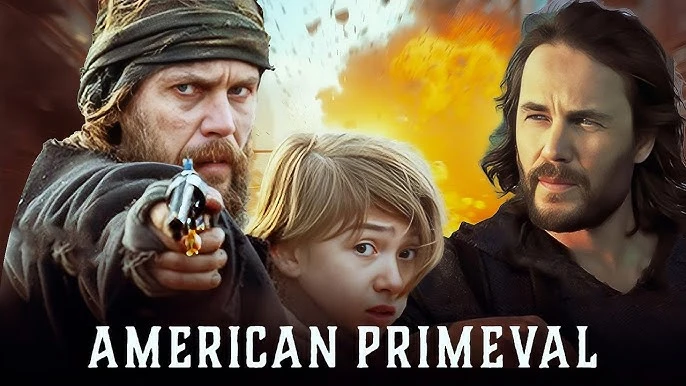Stories have the ability to inspire people, and the story of our planet is an epic take of our time. It’s one creators are telling in very different ways on Netflix — from a filmmaker’s friendship with an octopus in the Academy Award-winning My Octopus Teacher to Zac’s travels in Down to Earth with Zac Efron. To help our members find some of these extraordinary stories — and better understand what’s happening to the planet — we’ve curated more than 30 stories into a new Netflix collection called “Together for Our Planet”. The collection launches today in advance of the UN’s November global climate summit COP26. World leaders will gather in Glasgow, Scotland, to renew their plans to build a cleaner, greener, and healthier planet for future generations. But you don’t have to be a world leader to be part of the solution, which is why the people behind COP26 teamed up with Netflix to create this collection. Members can view it here or wherever they watch Netflix, and experience how rich and varied stories about the environment can be. These series, films and specials cover the real-life beauty of Earth’s life support systems like Our Planet and the science of climate change like Breaking Boundaries. Spellbinding thrillers like Ragnarok, Green Frontier, and IO: Last on Earth are also part of the collection. Titles like The Minimalists show us hopeful ways we can be more responsible in everyday life, while Penguin Town and Izzy’s Koala World delight the entire family. Select titles are also available to non-Netflix members on YouTube in English here.
Artists, scientists, activists, and policymakers alike have been motivated by these stories, so we invited them to share the impact they have made on their lives.
Alok Sharma, COP26 President-Designate, shared:
"We can no longer afford to wait to act against the threat of climate change. But we still have time to write our own future. I hope this collection of stories on environmental and climate action inspires even more people, and their leaders, to take action as the world gathers together for the COP26 climate summit in Glasgow. We want to build a future with clean air and nature restored, where the world is protected from the worst effects of climate change, and where we can create jobs and prosperity without harming our planet. Let’s shape that future together."
Dr. Johan Rockström, founder of the Stockholm Resilience Centre, director of the Potsdam Institute for Climate Impact Research, professor in earth system science at the University of Potsdam, and chief scientific advisor for Conservation International, shared:
“Today, science shows we are living through a blockbuster thriller. The stability of Earth is now under threat - not by some gigantic asteroid heading our way, but from burning fossil fuels and destruction of our global commons. The good news is that we now have the solutions, and can, with heroic efforts, transform to a safe, prosperous and fairer world. Our generation’s mission is nothing less than stabilising our planet. Our future is nature positive. Our future is zero emissions. How this story ends depends on what you and I do now in this most decisive decade in our history. Whoever you are, whatever you do, we are all planetary stewards now.” ----- Last year, 160 million households watched sustainability stories on Netflix. And viewers want to see more. In a recent research study of consumers in 16 countries, three out of five people (62%) around the world said they’re very interested in seeing shows and movies that touch on climate issues*. This is a clear signal that there’s so much more we can do to bring more stories about our planet to you.
*Survey of 13,000 adults in 16 countries conducted in the Summer of 2021 by National Research Group on behalf of Netflix. 62% of people in the survey said they are extremely or very interested in seeing shows or movies that touch on climate change issues. Some highlights as broken down by country: U.S. (57%), Canada (48%), U.K. (52%), Australia (48%), Brazil (82%), Mexico (84%), France (52%), Germany (64%), Italy (62%).
Related Post:














